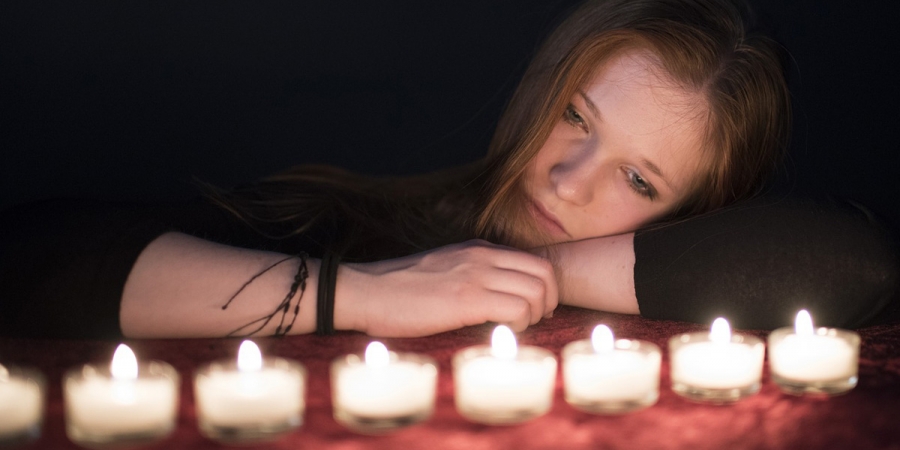
Photo: 46173

Photo: 46173
Confirmation bias is a psychological term that can play a significant role in ghost hunting and understanding paranormal experiences. It refers to the tendency of people to favour information that confirms their existing beliefs or expectations, regardless of whether the information is true.
When entering a reputedly haunted house expecting to encounter a ghost, an individual is already more alert to anything that might support this expectation. This heightened state of alertness can make ordinary occurrences seem extraordinary. This could include things like a sudden drop in temperature, sounds like creaking floorboards, rustling leaves, or distant voices, or a blurry figure in a photograph. Because these experiences align with the expectation of encountering a ghost, people are more likely to interpret them as evidence of paranormal activity.
On the other hand, this bias also means that the same person might disregard or give less importance to any evidence or explanations that suggest these occurrences are not supernatural. For instance, a draught causing a drop in temperature, normal building noises, or a camera fault might be ignored or dismissed. When sharing stories, people often unconsciously select details that align with their beliefs or expectations about the paranormal while leaving out those that don't.
Ghost hunters usually begin with a belief about a location being haunted, this is often why they choose the location to investigate. This initial expectation can shape their perceptions and interpretations of events throughout the investigation. If a ghost hunter expects to find evidence of a spirit in an old building, they may interpret any unusual occurrences as paranormal activity rather than considering more mundane explanations.
This isn't just occurrences like flickering lights, odd noises, or temperature changes. It can also be what are perceived as interactions through various ghost hunting tools, such as Electromagnetic Field (EMF) meters, digital audio recorders, and thermal or night vision cameras.
When these tools show readings that could be interpreted in multiple ways, a ghost hunter with a strong belief in the paranormal might lean towards an interpretation that supports the presence of ghosts. For example, an EMF spike could be caused by interference from a mobile phone or other electrical devices, but this possible explanation might be overlooked by investigators.
When in a group, ghost hunters can influence each other's impressions of the investigation. If one person interprets a sound as a ghostly whisper, others may also begin to hear it in that way, reinforcing the group's overall belief in a paranormal explanation. This peer reinforcement makes it even harder to remain objective and question the initial supernatural interpretation.
Confirmation bias can also affect which parts of an investigation are recorded or highlighted in reports, while inadvertently overlooking or dismissing data that contradicts the paranormal viewpoint. After visiting a location, investigators might even unconsciously enhance or reinforce their own memories to fit their belief in ghosts. For instance, a slight chill might be remembered as a more pronounced cold spot, a common sign reported in ghost stories.
Confirmation bias extends beyond ghost hunting and hauntings and has influence over many aspects of the paranormal. People who believe that extraterrestrial life is capable of visiting Earth might interpret unusual aerial sightings as UFOs. For instance, a believer might see an unexplained light in the sky and jump to the conclusion that it's an alien spacecraft, whereas a skeptic might conclude it's a satellite, plane, or natural atmospheric phenomenon.
People who believe in psychic abilities may place greater emphasis on the "hits" - the accurate or meaningful responses - they receive during a reading while ignoring the "misses." Similarly, ambiguous evidence for the existence of cryptozoological creatures like Bigfoot or the Loch Ness Monster might be taken as proof of their existence, when in reality they may be misidentified animals or falling for hoaxes.
However, while many reports of supposed paranormal activity can be explained through more mundane means, the existence of confirmation bias doesn't mean we can completely rule out the possibility that some phenomena observed by ghost hunters, UFO enthusiasts, or cryptid trackers could be genuinely paranormal or extraterrestrial.
Even though many unusual occurrences can be explained through more conventional explanations, there remains a possibility that some experiences are genuinely inexplicable based on our current scientific understanding. Various governments show an interest in unexplained aerial phenomena (UAP), suggesting that not all UFO sightings can be easily explained through known aerial or atmospheric phenomena. So there is a possibility that some of these sightings might be of extraterrestrial origin that cannot be entirely dismissed.
The challenge for paranormal investigators is to determine what can be explained through natural explanations and what might remain credible candidates for the paranormal, and overcoming confirmation bias is the key to this. Approaching each piece of evidence with skepticism, regardless of personal beliefs, helps to maintain objectivity and ensure that findings are grounded in solid evidence.
Sharing evidence with other investigators and skeptics can help with finding rational explanations for evidence and reduce the impact of confirmation bias. This balanced approach not only enhances a paranormal investigator's credibility but also strengthens the evidence, increasing the likelihood of making a significant discovery.
More Essential Parapsychology
See All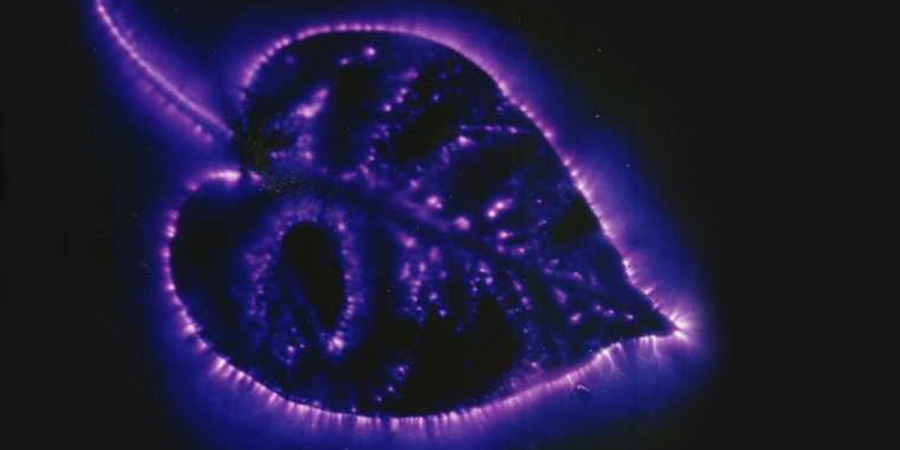
ArrayOctober 11, 2024
The Reality Behind Kirlian Photography’s Glowing Auras
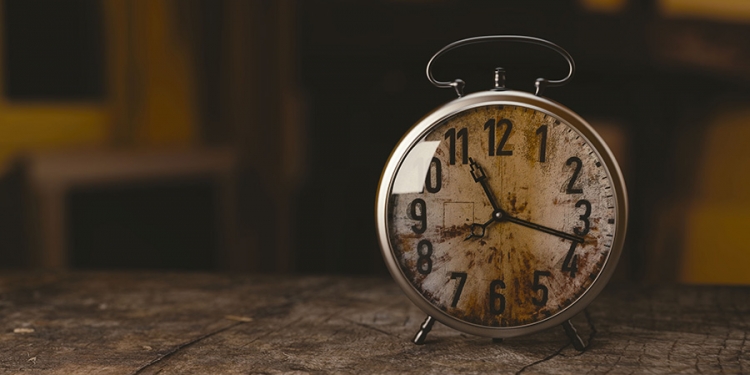
ArrayOctober 07, 2024
Could Retroactive Psychokinesis Allow Us To Influence The Past?
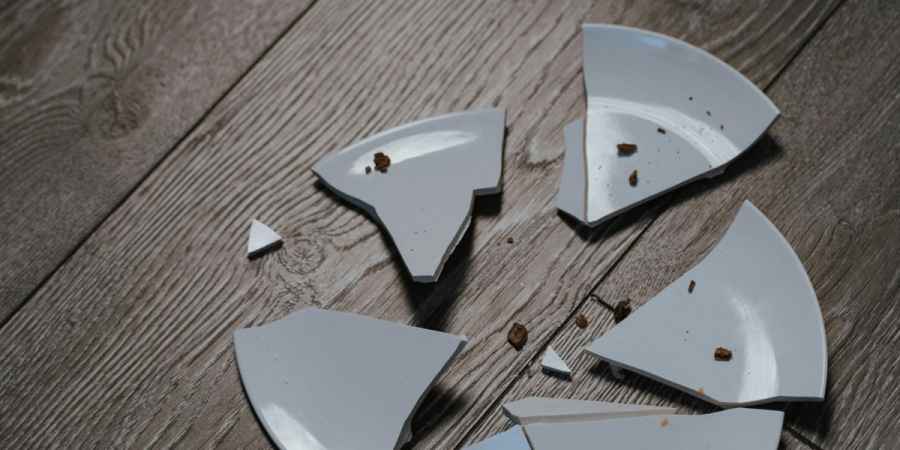
ArrayOctober 05, 2024
What Spontaneous Cases Are & Why Parapsychologists Research Them
Learn With Higgypop
Hosted by Paralearning in association with Higgypop, these courses on ghost hunting, paranormal investigations, and occult practices draw on the experience of our team of paranormal writers.
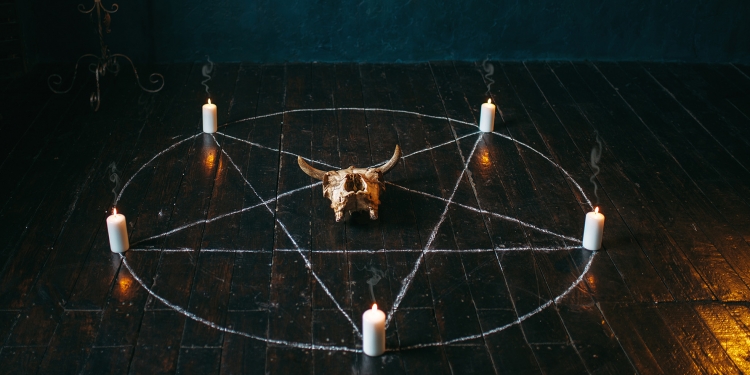
Diploma In Modern Demonology For Paranormal Investigators
This course gives you practical and useful knowledge of ghost hunting and paranormal research, which is invaluable when conducting your own paranormal investigations or as part of a group event.
View Course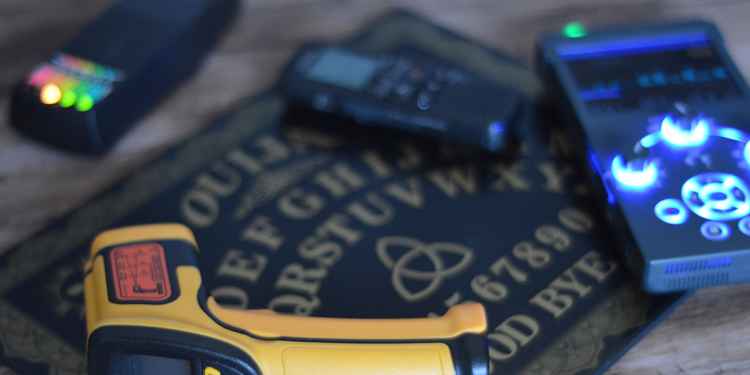
Diploma In Practical Ghost Hunting & Scientific Analysis
This course gives you practical and useful knowledge of ghost hunting and paranormal research, which is invaluable when conducting your own paranormal investigations or as part of a group event.
View CourseMore Like This
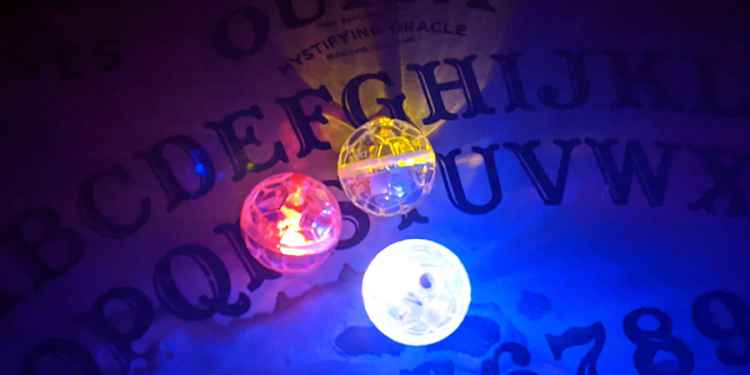
Ghost HuntingJanuary 26, 2025
These Are The Ghost Hunting Gadgets You Should Avoid If You Want To Be Taken Seriously As An Investigator
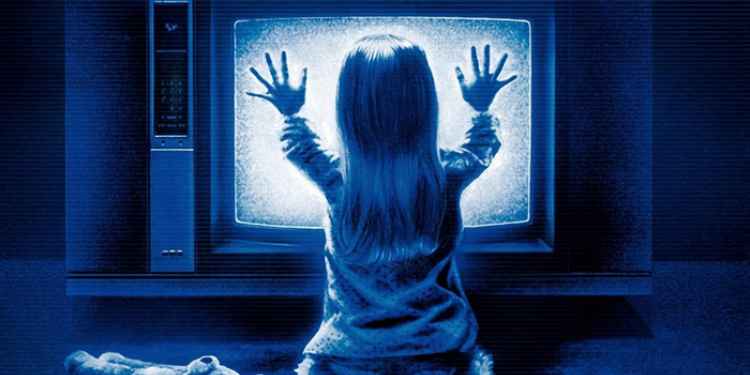
GamesDecember 09, 2024
Poltergeist Quiz
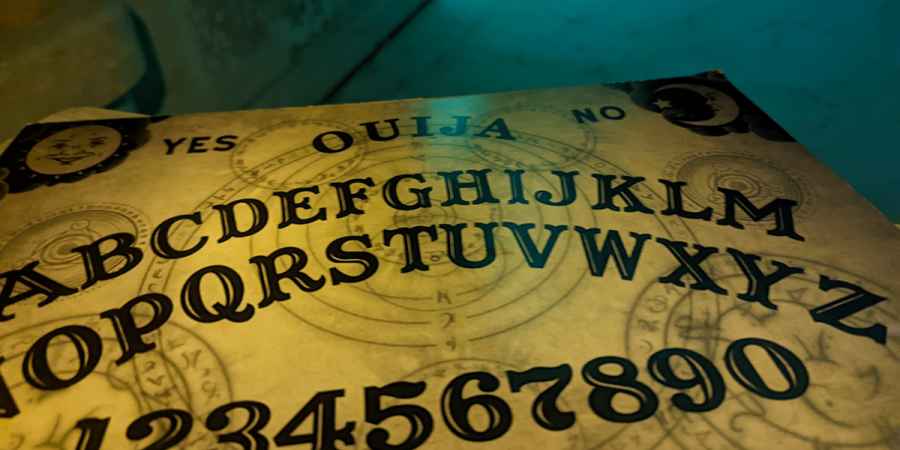
GamesDecember 08, 2024
Ouija Board Trivia Challenge
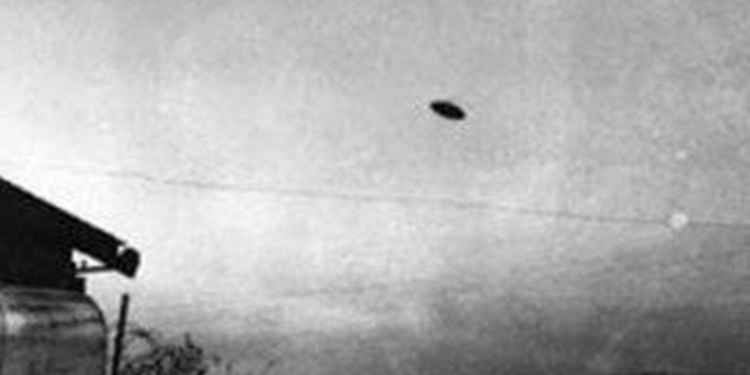
GamesDecember 04, 2024
Fakes, Hoaxes & Debunked Paranormal Claims Quiz
 See More on Audible
See More on Audible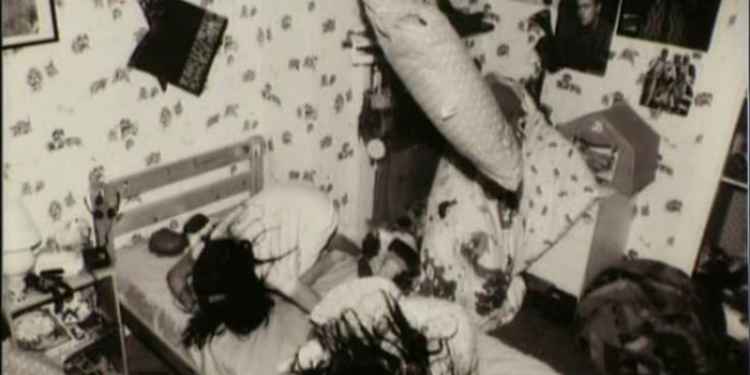

Comments
Want To Join The Conversation?
Sign in or create an account to leave a comment.
Sign In
Create Account
Account Settings
Be the first to comment.